Thomas Kim
The EMory BrEast imaging Dataset : A Racially Diverse, Granular Dataset of 3.5M Screening and Diagnostic Mammograms
Feb 08, 2022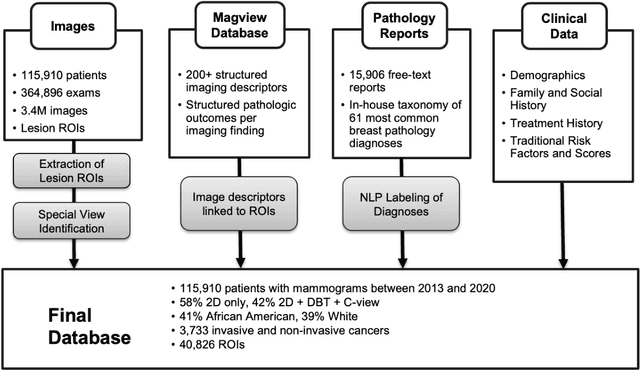
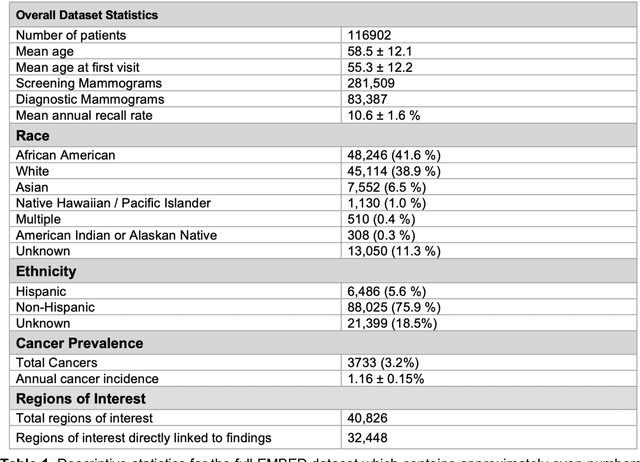
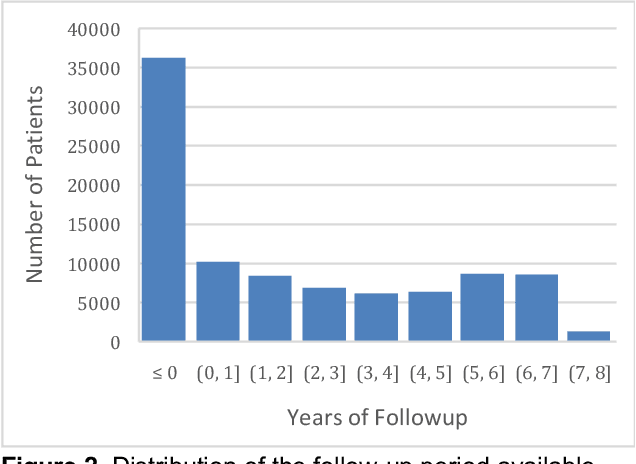
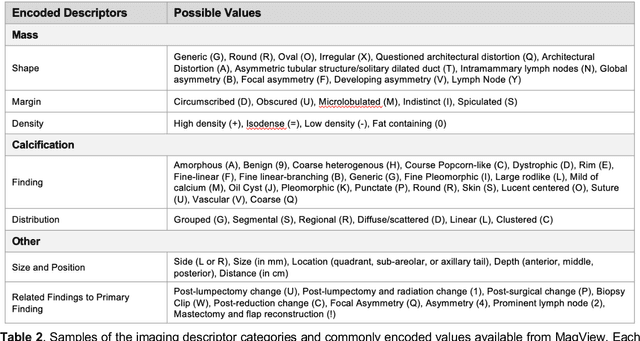
Abstract:Developing and validating artificial intelligence models in medical imaging requires datasets that are large, granular, and diverse. To date, the majority of publicly available breast imaging datasets lack in one or more of these areas. Models trained on these data may therefore underperform on patient populations or pathologies that have not previously been encountered. The EMory BrEast imaging Dataset (EMBED) addresses these gaps by providing 3650,000 2D and DBT screening and diagnostic mammograms for 116,000 women divided equally between White and African American patients. The dataset also contains 40,000 annotated lesions linked to structured imaging descriptors and 61 ground truth pathologic outcomes grouped into six severity classes. Our goal is to share this dataset with research partners to aid in development and validation of breast AI models that will serve all patients fairly and help decrease bias in medical AI.
Scaling Video Analytics on Constrained Edge Nodes
May 24, 2019

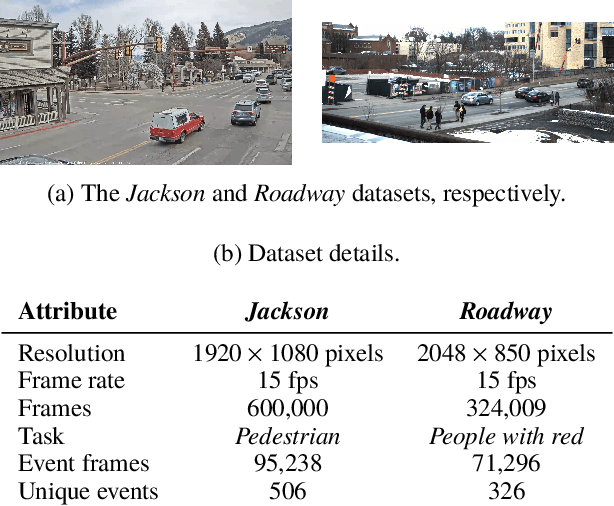

Abstract:As video camera deployments continue to grow, the need to process large volumes of real-time data strains wide area network infrastructure. When per-camera bandwidth is limited, it is infeasible for applications such as traffic monitoring and pedestrian tracking to offload high-quality video streams to a datacenter. This paper presents FilterForward, a new edge-to-cloud system that enables datacenter-based applications to process content from thousands of cameras by installing lightweight edge filters that backhaul only relevant video frames. FilterForward introduces fast and expressive per-application microclassifiers that share computation to simultaneously detect dozens of events on computationally constrained edge nodes. Only matching events are transmitted to the cloud. Evaluation on two real-world camera feed datasets shows that FilterForward reduces bandwidth use by an order of magnitude while improving computational efficiency and event detection accuracy for challenging video content.
 Add to Chrome
Add to Chrome Add to Firefox
Add to Firefox Add to Edge
Add to Edge